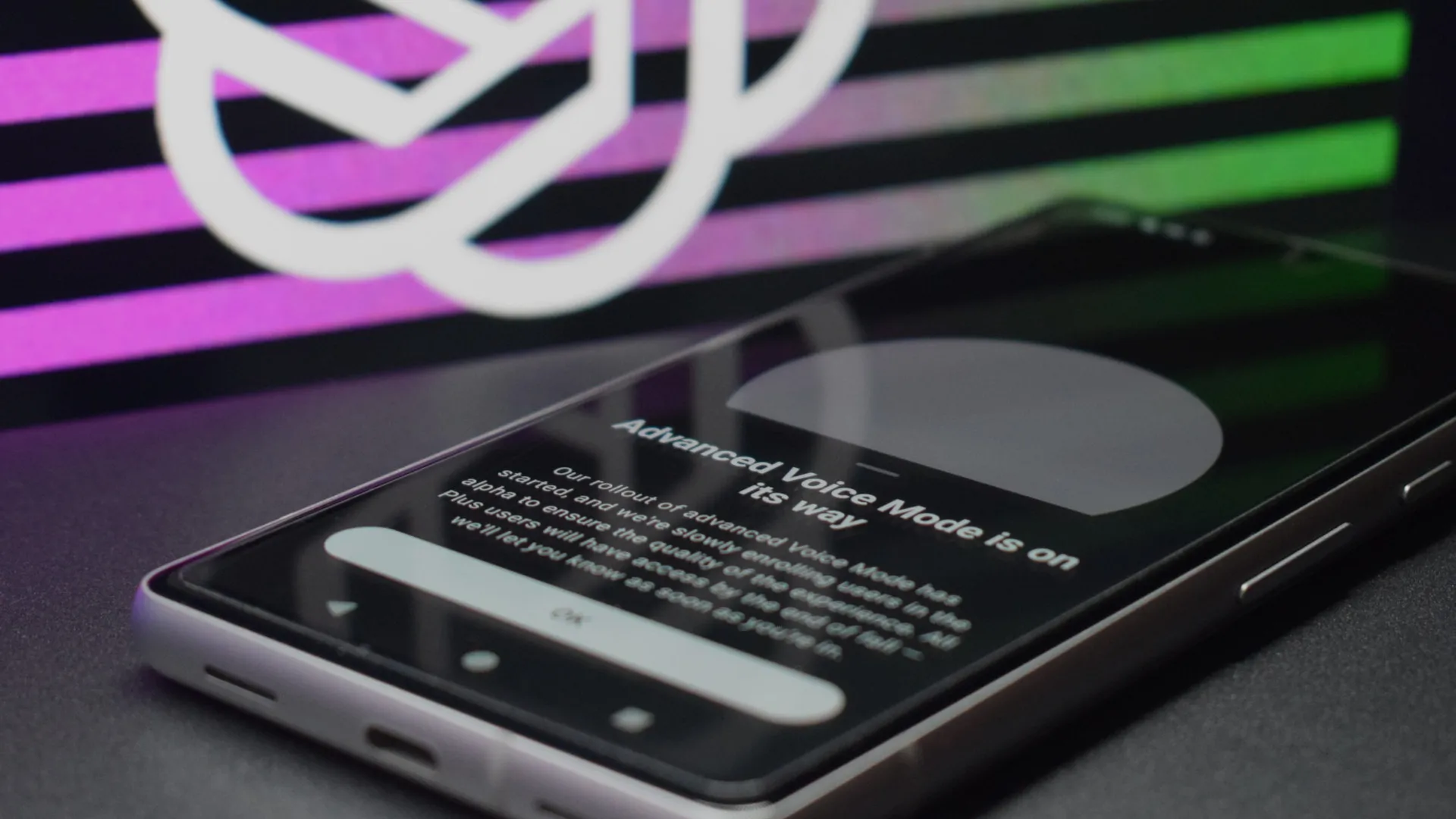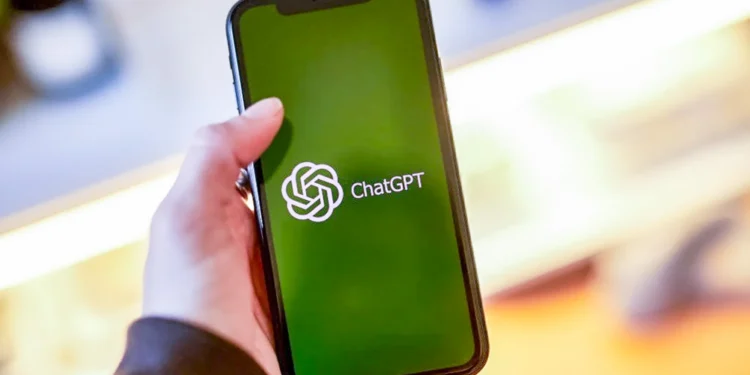OpenAI is rolling out a new and exciting memory feature for ChatGPT, which aims to take your interactions with the AI to the next level. Announced on Thursday, the feature will allow ChatGPT to reference past conversations, tailoring responses based on previous exchanges. This significant update is designed to make ChatGPT more intuitive, personal, and fluid, ensuring that you don’t have to repeat information over and over again.

A Smarter ChatGPT: What Does the New Memory Feature Bring?
The memory feature is set to enhance ChatGPT’s capabilities, offering a more seamless and personalized experience. By saving conversational context, the AI will be able to respond in a way that acknowledges past discussions. This means that whether you’re chatting with ChatGPT for work, casual conversations, or more complex inquiries, the AI will retain details from prior chats, improving the relevance of its responses.
As OpenAI explains, the update will affect various aspects of ChatGPT’s functionalities, including text, voice, and image-generation features. This aims to make interactions feel less like starting from scratch each time and more like a continuous conversation.
How Will It Work? A Rollout for Pro and Plus Subscribers
Currently, the new memory feature will roll out to ChatGPT Pro and Plus subscribers, leaving out users in the U.K., EU, Iceland, Liechtenstein, Norway, and Switzerland due to regulatory reviews that are still ongoing. OpenAI has reassured users in these regions that the feature will be available eventually, once the necessary approvals are in place.
For now, the feature is focused on paid tiers, and OpenAI has not announced a launch for free ChatGPT users. A company spokesperson told TechCrunch, “We are focused on the rollout to paid tiers for now.”

Privacy Concerns and Control: Opt-Out Options for Users
While the memory feature offers convenience, it’s understandable that not everyone will be thrilled with the idea of OpenAI storing more information about their conversations. OpenAI is mindful of user privacy, which is why there’s an opt-out option available.
Users will be able to turn off the memory feature entirely in ChatGPT’s settings. Additionally, there is full transparency regarding stored data — users can manage and view specific memories saved by the AI. If at any point you feel uneasy about the memory feature, you can always disable it and opt for more temporary, one-off chats.
Another significant feature is the ability to ask ChatGPT about what it remembers. If you’re ever curious about what the AI has stored from previous interactions, simply ask, and ChatGPT will provide the details. This is designed to give users control over their data and allow them to keep track of what information is being retained.
A Step Toward a More Fluid AI Conversation
The introduction of the memory feature comes after a previous update in which OpenAI gave ChatGPT the ability to remember and forget specific details based on user commands. However, that earlier feature often required explicit prompting, making it a more manual process. With this new memory rollout, OpenAI aims to make the process smoother and more automatic, saving users from needing to reintroduce themselves or important context every time they interact with ChatGPT.
For many, this will feel like a significant upgrade — a more natural conversation, where ChatGPT picks up on previous interactions without needing reminders.

OpenAI’s decision to implement the memory feature reflects its commitment to improving user experience. By making ChatGPT smarter and more context-aware, the company is paving the way for an AI that can assist more effectively across various use cases. Whether you’re using it for professional purposes, brainstorming, or casual chats, the AI will now feel more like a constant companion.
Though the memory feature is only available to paid subscribers for now, it’s clear that OpenAI has bigger plans for the future. As with other advancements in AI, user feedback will likely play a role in refining the feature even further.










